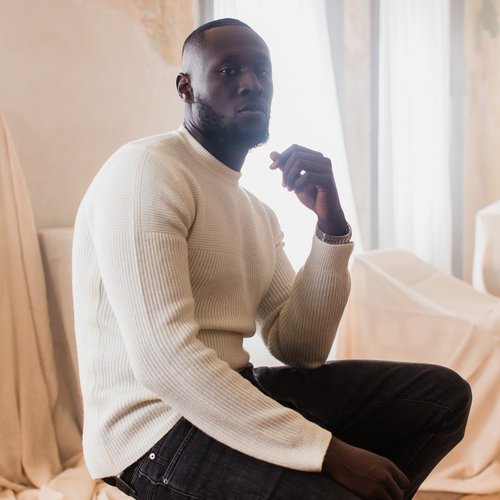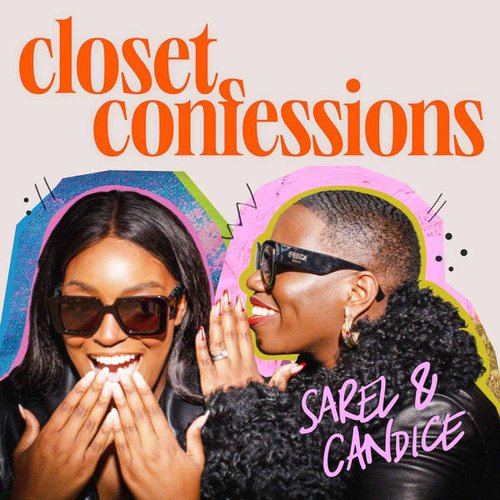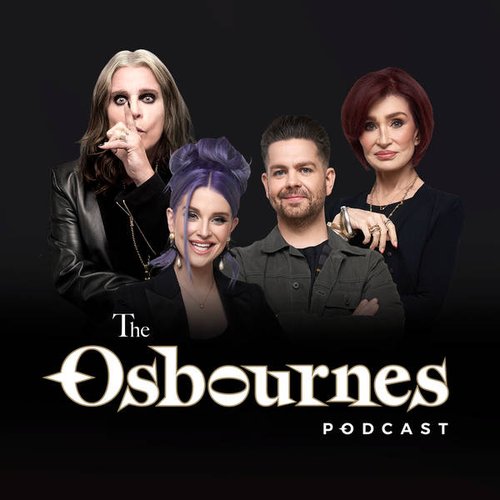Why Do We Celebrate Black History Month In October?
1 October 2021, 12:17 | Updated: 18 August 2022, 15:51

Black History Month is held in the UK every October to celebrate Black British people, their achievements, cultures and contributions- so when did it begin and why is it held in this particular month?
Black History Month has arrived as we see in October here in the UK, and it is an annual celebration of all Black people and culture in Britain, as well as a chance for everyone to educate and acknowledge themselves an the experiences and histories of Black British people.
So, why do we celebrate it in October, when did it begin, and what does BHM mean in 2021?
Why 'All Lives Matter' Is Problematic To The Black Lives Matter Movement

When was the first Black History Month?
Black History Month was first celebrated in London in October 1987 after being organised by Ghanaian analyst Akyaaba Addai-Sebo.
There doesn't seem to be a definite answer as to why it is held in October in the UK every month, but it has been suggested it is designed to coincide with the start of the school year so children are able to get stuck into learning about Black history.
However, it is widely believed the national curriculum does not go nearly far enough in teaching young people comprehensively about Black people's history, culture or experiences.
There have been renewed efforts in the past 18 months by many to decolonise the curriculum in order to teach a more accurate reflection of those who in this country, of all ethnicities, religions and cultures and one that doesn't celebrate the colonial era of British rule.
On 1 October 2021 the Welsh government announced it will be the first UK nation to make the teaching of black, Asian and ethnic minorities’ histories mandatory in schools.
What does Black History Month mean in 2021?
The last year and a half has been pivotal in the fight for justice and equality for Black people both here and in the USA, with a spotlight shone on the institutional racism experienced so disproportionately by the Black population sparked by the murder of George Floyd by a police officer in Minnesota last year.
His death sparked widespread and prolonged protests in the UK, headed by the Black Lives Matter movement and 'laid bare the the scale and impact of institutionalised racism in the UK.'
For example, young Black men were stopped and searched 20,000 times in London during the coronavirus lockdown (the equivalent of 1 in 4 young Black men).
So, this year's BHM is an important and better chance than ever to celebrate all aspects of Black British culture and unify behind the cause for a society without racism, in every aspect.

John Boyega delivers powerful Black Lives Matter speech at London protest
As Catherine Ross, the guest editor of Black History Month 2020 so perfectly summed up last year: "2020 has held a mirror up to the world and forced many to see the reality of racism in all its guises."
For 2021, she asked the question: a year on, has anything changed for the better?
She wrote: "The short answer is yes and no. Anti-racism protests have certainly raised awareness of the issues with more people open to having a progressive debate on racism, including the UK’s colonial past. However, it still feels as if there’s a very long way to go."
Ross continued: "Businesses were quick to declare their support for the Black Lives Matter protests, but there are still no black CEOs in the boardrooms of FTSE 100 companies in the UK and only 13 currently report any ethnicity pay gap.
"Despite the many challenges, it’s important to remember the impact of Black Lives Matter as we head into Black History Month 2021, and beyond, into 2022. The UK had the largest Black Lives Matter protests in the world last summer outside the US, which quickly turned the spotlight onto historical and systemic racism in the UK.
"The pressure will hopefully be on institutions and businesses to take tangible action on structural racism as reports reveal the scale of the problem – from the media and football to entertainment and business."
To find out more about Black History Month or to find events local to your area, visit the official website.
> Here Are All The Ways You Can Listen To Capital










































